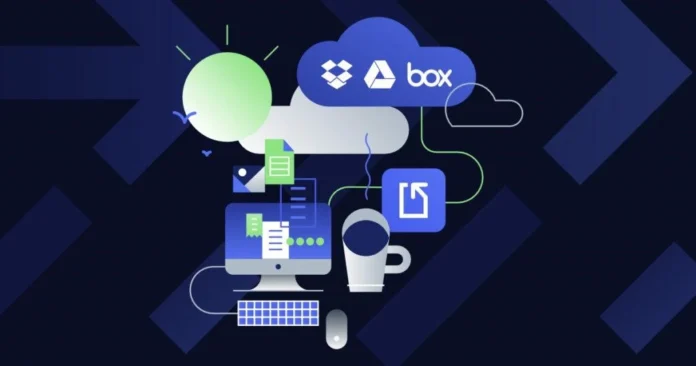Are you ready for effective information management in our fast-paced digital world? Document processing and digital archiving solutions not only safeguard vital information but also improve its accessibility and security.
This article examines the core aspects of document processing and digital archiving, discussing their importance, methods, advantages, and challenges.
What Is Document Processing?
Document processing involves the conversion of information from various sources into a digital format that can be easily managed, stored, and retrieved. This process typically includes the collection of data from physical documents, digital files, or other media, followed by the digitization, organization, and storage of that data in a digital repository.
Effective document processing systems utilize advanced technologies such as Optical Character Recognition (OCR) to convert scanned images of text into editable and searchable digital formats, thereby facilitating easier data handling and analysis.
The Role of Digital Archiving
Digital archiving refers to the process of preserving digital information so that it remains accessible and usable over long periods. Unlike simple data storage, digital archiving involves the implementation of strategies to maintain the integrity and usability of data as software and hardware technologies evolve.
This practice is crucial for ensuring that digital data, whether historical records, research data, or legal documents, withstands the test of time and remains retrievable and understandable, regardless of future technological changes.
One common example of digital archiving is email archiving, which is the organized way of storing email communications. It’s important for businesses because it not only protects valuable emails but also helps them meet legal and industry rules for keeping and providing email records when needed.
The Intersection of Document Processing and Digital Archiving
The convergence of document processing and digital archiving creates a robust framework for information management. Once documents are processed and converted into digital formats, they can be archived with metadata tagging, which facilitates efficient data retrieval and management.
This combination not only helps in preserving the organizational knowledge but also supports compliance with legal and regulatory requirements for data retention and protection.
Benefits of Digital Archiving and Document Processing
- Enhanced Accessibility: Digital archives make it possible to access information from anywhere, at any time, without the physical limitations posed by traditional paper-based systems.
- Improved Security: Digital documents can be secured with encryption, access controls, and audit trails, which enhance the security of sensitive information.
- Cost Reduction: By reducing the need for physical storage space and streamlining document retrieval processes, digital archiving and document processing significantly cut costs.
- Preservation of Integrity: Digital archiving ensures that the integrity of documents is maintained, protecting them from physical degradation and loss.
Challenges and Considerations
While digital archiving and document processing offer numerous benefits, they also come with challenges. These include the need for:
- Technological Expertise: Implementing and managing digital archiving systems requires a certain level of technical knowledge.
- Data Migration: As technology evolves, organizations may need to migrate data to new formats or systems, which can be both costly and time-consuming. Using effective data migration tools can help streamline this process and reduce associated risks and costs.
- Regulatory Compliance: Ensuring that digital archives comply with industry-specific regulations can be complex and requires ongoing vigilance.
Future Trends in Digital Archiving
The future of digital archiving is likely to be shaped by advancements in artificial intelligence (AI) and machine learning, which promise to automate many aspects of document processing and archival. These technologies can potentially enhance the accuracy of data categorization and retrieval, and provide advanced analytics to derive insights from archived documents.
Conclusion
Document processing and digital archiving are critical components of modern information management strategies. They not only safeguard valuable data but also enhance operational efficiencies and decision-making capabilities. As we move forward, the integration of emerging technologies will continue to revolutionize how organizations handle and preserve their knowledge assets. Ensuring that these systems are well-planned, implemented, and maintained will be essential for the success of digital archiving efforts across various industries.



































